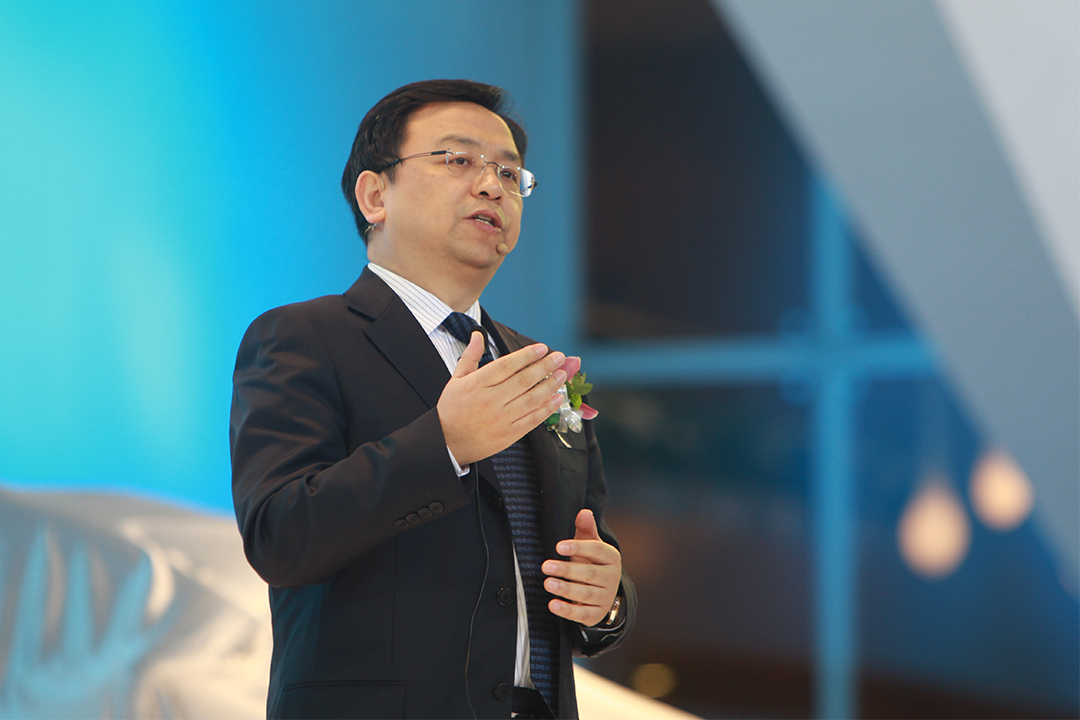 BYD Chair Lays Out Blueprint for Chinese EV Giant's Tech, Market Development
BYD Chair Lays Out Blueprint for Chinese EV Giant's Tech, Market Development(Yicai) March 28 -- BYD will debut its latest super dual-mode plug-in hybrid technology in May, while its overseas sales will likely surge multiple times over the next three years, according to the car and battery giant's chairman.
The fifth-generation DM hybrid tech will cut fuel consumption to 2.9 liters per 100 kilometers and allow for a fully charged and fuelled range of up to 2,000 km, Wang Chuanfu said on the Shenzhen-based company’s earnings conference call yesterday.
The new energy vehicle industry has entered an elimination stage, with the years through 2026 witnessing a decisive battle in scale, costs, and technology, Wang noted.
The sped-up introduction of Chinese NEV models will reduce the number of joint venture firms, Wang pointed out. The Chinese market share enjoyed by JVs will shrink to 10 percent from 40 percent over the next three to five years, with the difference going to domestic carmakers, he added.
Late last month, BYD waged a price war with the ‘Honor’ editions of its Dynasty series, such as the Han and Tang brands. It aims to rival fuel and JV models with these special versions, with sales expected to exceed 300,000 units this month, seizing 16 percent of the passenger car market and 35 percent of the NEV market.
The gross margin per car will fall as the price war deepens, Wang pointed out, noting that BYD will try to keep itself profitable by scaling up.
BYD will raise inputs in the DM hybrid tech, smart driving, and chip algorithm fields next year, with DM hybrid tech becoming a key driver of the firm's performance growth, according to Wang. Models using 5G DM tech will likely stay popular for one to two years, he said.
BYD is also hastening the development of overseas markets. It sold 240,000 cars abroad last year and aims to raise the figure to 500,000 this year and one million next year.
Geopolitical issues force carmakers to take the strategic path of ‘going overseas plus localization,’ Wang said. In Europe, South America, the Middle East, and other regions, BYD and other Chinese auto companies must combine technology with localization strategy, forming overseas markets by setting up local plants to supplement the domestic market.
BYD has entered various countries, including Japan, Germany, Australia, Brazil, and the United Arab Emirates, and has laid the foundation stone for its first overseas passenger car factory in Thailand. Construction of its NEV plants in Brazil and Hungary is also advancing.
Editors: Liao Shumin, Martin Kadiev